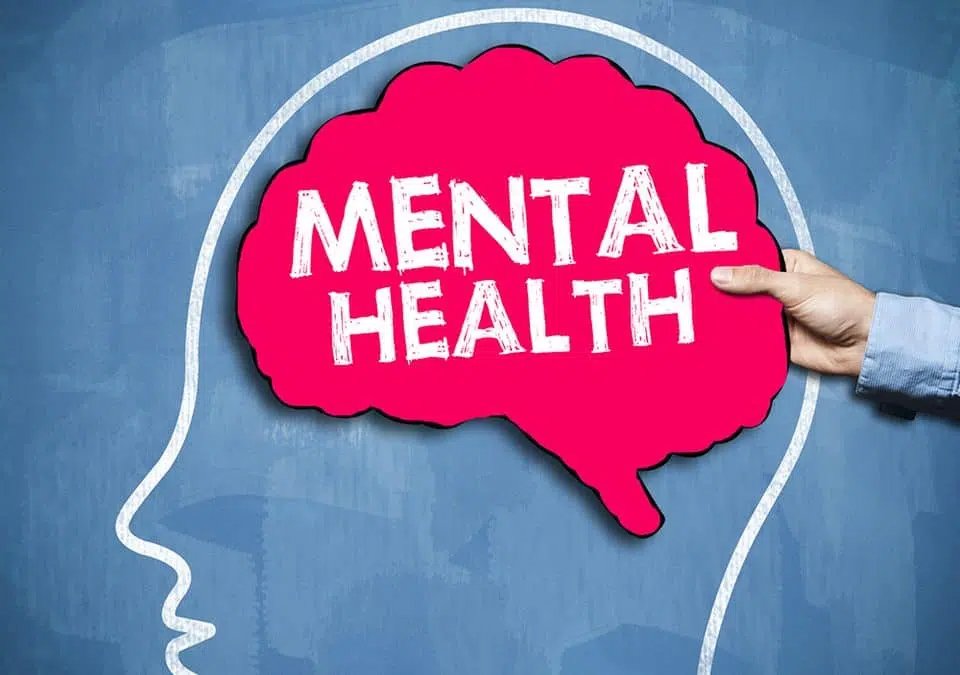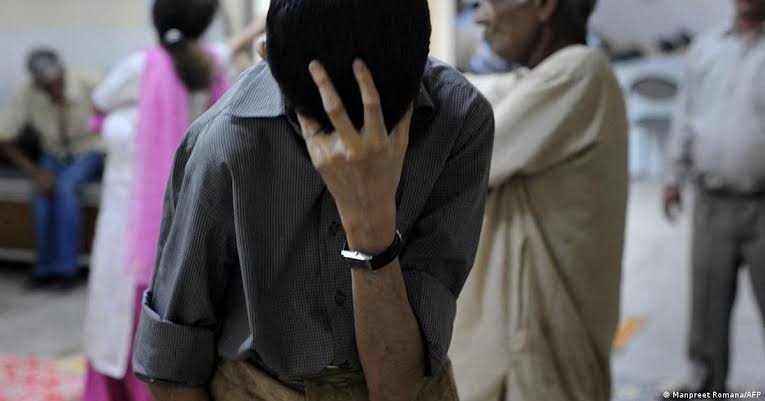‘Refusal to acknowledge mental illness is a major issue, more prevalent among the elderly than youngsters’
NEW DELHI, Oct 9: After suffering a huge loss in his real estate business in 2010, Pallav Gautam (name changed), then aged 62, slipped into a spiral of irritability, disturbed sleep, and bouts of anger while his family unsuccessfully tried to make sense of his behaviour.
Every time his wife Shanti (name changed) and children tried to persuade him to see a doctor, he would say, “Do you think I am crazy?”
Soon Gautam, a resident of Uttar Pradesh’s Noida, became unusually quiet.
“He refused to see a doctor and then suddenly one day he became unusually calm and stopped talking to anyone. It was very disturbing to see him like that.
“Later, we managed to take him to a doctor,” Shanti told PTI.
Gautam’s family took him to Delhi’s National Institute of Mental Health and Neurosciences (NIMHANS), where he was diagnosed with bipolar disorder and prescribed medication.
According to experts, Gautam’s is not an isolated case and the elderly in many Indian households suffering from mental health issues are living in denial.
Refusal to acknowledge mental illness is a major issue, more prevalent among the elderly than youngsters, senior psychiatric consultant Dr Dharmendra Singh told PTI on the eve of World Mental Health Day on Sunday.
“There are several reasons as to why people don’t want to accept their mental illness, including dependence on relatives, social stigma and financial condition,” he said.
Suggestions from family members as regards treatment for mental health issues are often met with angry responses from the elderly, he said.
The National Mental Health Survey (NMHS) 2015-16, found that older adults had a higher lifetime (6.93 per cent) and current (3.53 per cent) prevalence of depressive disorders as compared to younger adults (4.96 per cent and 2.54 per cent).
The NMHS report also pointed to the huge burden of mental health problems. While nearly 150 million Indians needed mental healthcare services, less than 30 million were seeking care, the report said.
Another study by the India State-Level Disease Burden Initiative which was published in the Lancet Psychiatry found that in 2017, 197 million Indians were suffering from mental disorders. Of these, 46 million suffered from depression and 45 million from anxiety disorders.
The contribution of mental disorders to the total disease burden doubled between 1990 and 2017, it said.
Dr P T Sivakumar, head of geriatric psychiatry at NIMHANS, said there is a great lack of awareness about the most common mental health issues of depression and dementia among the elderly.
“The common symptoms of anxiousness, irritability, lack of sleep and fading memory are considered normal, especially in the Indian context. In most cases, people keep living in denial due to the lack of awareness,” Sivakumar said.
He said mental health issues were exacerbated during the coronavirus-induced lockdown as a general sense of loneliness and anxiety gripped people, especially senior citizens living away from their families.
A study by HelpAge India in June 2021, in the midst of the pandemic, found that 60 per cent of the 5,000 respondents felt lonely and 40 per cent were already very depressed.
According to a more recent survey by the NGO, of the 1,500 elderly respondents residing in institutions and community settings in Delhi-NCR, 57 per cent reported depressive disorders and 40 per cent moderate anxiety.
Over 20 per cent of the adults aged 60 and above suffered from a mental or neurological disorder, with the most common being dementia and depression, it said.
Another obstacle to the mental well-being of the elderly in India is the “grossly inadequate” health workforce.
According to HelpAge India, only two out of 10 senior citizens suffering from mental disorders are receiving any kind of support.
Dr Ritu Rana, mission head – healthcare, HelpAge India, said India does “not have a scheme, policy or programme at the national level that is geared towards geriatric mental health”.
“Inadequate mental healthcare facilities and mental health professionals, lack of awareness, stigma related to mental health issues are some of the challenges we face at the societal level while tackling mental health in general and concurrently with regard to the mental health of the elderly,” Rana told PTI.
To address the lack of psychiatric support for senior citizens, HelpAge India and NIMHANS have come together to train 10,000 mental health workers under an initiative called ‘Saarthak’.
The project aims to strengthen community-based geriatric mental health care support by building the capacity of 10,000 non-specialist health workforce and community caregivers over a period of one year and subsequently scaling up.
Besides timely medical intervention and consistent professional care, patients with mental illnesses require support from family and friends.
“After diagnosis, it is very important to follow through on the medication. The patient should not be judged for his condition and be given total support. They should also indulge in their hobbies, go for walks and try to be around other people,” Dr Dharmendra Singh suggested.
These are some of the things that also helped Gautam get back to his former self.
Twelve years down the line, he is living a peaceful life with his family and spends time reading and writing.
“He is also a very good poet,” said Shanti with a hint of pride in her voice. (PTI)







